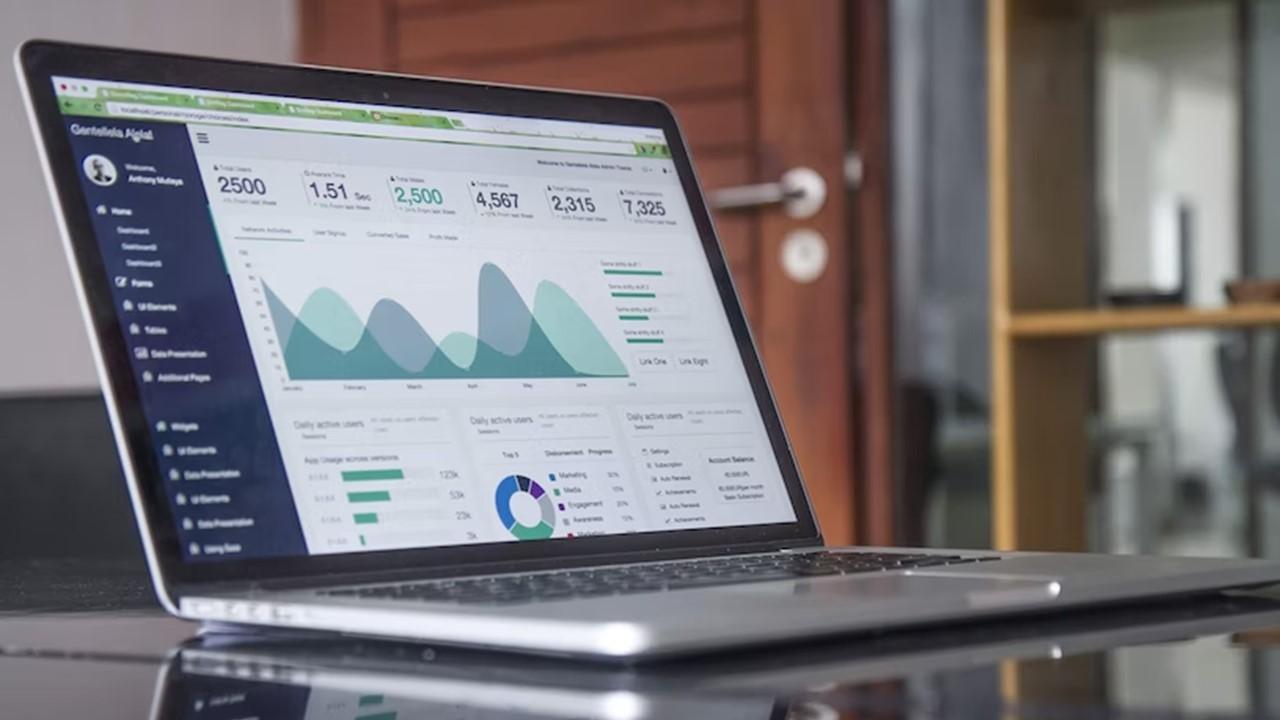Looking for a Tax Break? Tax-Free Savings Accounts Will Help You Save More Money
Nothing is certain but death and taxes. If you're looking to avoid paying taxes on a savings account, you need to consider a tax-advantage account.
April 25 2023, Published 12:22 p.m. ET

As they say, nothing is certain but death and taxes, and unfortunately Uncle Sam comes for your savings accounts and retirement funds too. So, if you put your cash in a savings account or money market fund, you’ll have to pay taxes on that too.
Luckily, there are a few exceptions to this rule. If you’re looking for a legit way to reduce your tax bill and increase your savings, you may need the help of certain tax-advantaged accounts.
Let’s explore how to avoid tax on savings accounts.
How to avoid paying tax on a savings account.

The wealthy have a few tricks up their sleeves, like finding ways to hide most of their net worth in investments to generate income, and how to avoid paying taxes on savings accounts.
So what’s their secret and how can you avoid being taxed on your savings? Well, if you keep your money in a regular savings account, you’ll owe taxes on the interest, whether you withdraw the money or not. But you can avoid paying taxes if you use certain tax-advantaged savings accounts to lower your tax bill.
The two types of tax-advantaged savings accounts you need to consider are an account that lets you deposit pre-taxed money and an account that allows the money in the account to grow tax-free.
What are tax-free savings accounts?

Here are the types of tax-advantaged savings accounts you need to consider if you’re looking to avoid taxes on interest.
Roth Individual Retirement Account (IRA) or Roth IRA: Interest earned in a Roth IRA account isn’t taxed until it’s withdrawn and if you’re over 59.5 years old, you won’t owe any money on the interest. However, if you withdraw before then, you’ll incur a 10 percent penalty in addition to any income tax due.
Traditional IRAs and non-Roth 401(k) accounts: With these accounts, you won’t have to pay taxes on the interest earned, but when it’s withdrawn, it will be taxed as ordinary income, especially if it’s withdrawn before age 59.5, and you’ll also pay a 10 percent penalty.
529 College Savings Plans: This type of plan lets interest on deposits grow without paying taxes and you can withdraw tax-free when the money is spent on eligible education expenses.
Coverdell Savings Accounts: Designed to help parents pay for their child’s educational expenses, the interest earned can be withdrawn interest-free as long as the money is used on eligible education expenses.
Health Savings Accounts (HSAs): When you set up an HSA, you can deduct your contributions from your income and avoid paying taxes on earnings and withdrawals, but the money must be spent on eligible medical expenses.
Flexible Spending Accounts (FSAs): The owner deducts contributions from income. They can avoid paying taxes on interest if the money is used for medical expenses and used in the same year.
Municipal Bonds: Sold by local governments to support public improvement, these short and long-term bonds are free from federal taxes. Considered low-risk investments, they’re popular with people in higher tax brackets because they help reduce their tax burden while still earning interest.
Permanent Life Insurance: These policies carry cash value and have a death benefit component that can be borrowed against or drawn down while the insured is still alive.
If you withdraw money you’ve contributed, you won’t have to pay taxes and you can borrow against your policy’s cash value tax-free.
You can have a certain amount of money in your savings account without being taxed.
You must report any interest you’ve earned to the IRS on your tax return. Your bank or credit union will issue you a 1099-INT form in late January if you’ve earned at least $10 in interest during the year and they’ll also send a copy to the IRS.

